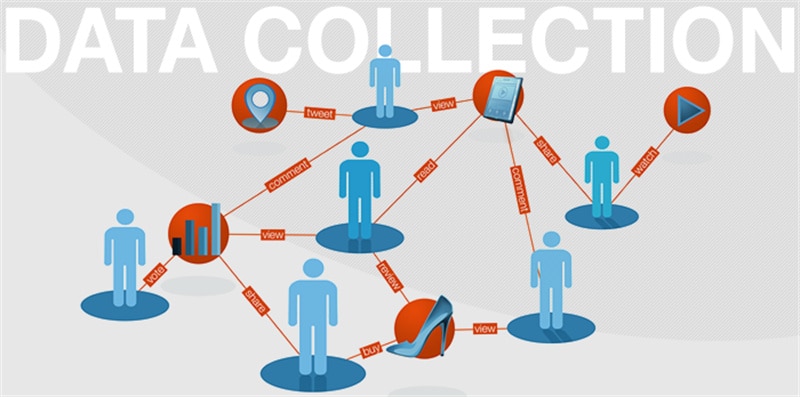
If you’re running a small business in this era, you’re not just doing the work you do; you’re also marketing, managing social media profiles, building email lists, and crafting online content.
The following will explore a few things you can do to help market your small business. These tasks can be completed by you or by an additional team member if you are in a place where you can hire.
Collect Data

No matter what you’re marketing, you need to be aware of whether your efforts are working or not. The only way to do this is to take careful notes and stay organized.
You want to be studying the impact of every marketing choice you make on page views, conversions, and business growth. If you don’t keep a daily log of efforts and results, you run the risk of not noticing patterns that could help your business thrive.
Yes, You Need A Website
If you don’t have a website, younger audiences might view you as an amateur. Likewise, if your website looks like it’s from the 90s, you’re also probably scaring away potential customers.
You need a website that looks fresh, clean, and recent and contains all the basic information people need to know about your work: what you do, where you do it, and how they can get in touch with you if they’re interested in making a purchase. A website is also vital because all other online platforms are privately owned by someone else; this means the algorithms are left to the whims of someone else.
You might wake up one day and find the CEO has changed political leanings, and now everyone who supports a trending hashtag has been shadow-banned. Having your own site can protect you and your content from corporate trends.
Blogging
It might sound old-fashioned, but blogging is still a major marketing tool. This is because blog posts contain lots of words that people might be searching for in search engines.
When it comes to search engine optimization and building a strong bond with potential customers by sharing with them useful information, nothing beats having a blog section on your website. For best results, blog at least once per week.
Study Your Customer Base
While not a marketing strategy per se, getting to know your ideal customer can infuse all your marketing efforts with vibrance and energy. If you know whom you’re targeting, you can figure out which social media platforms are worth your time and which aren’t; you can select a brand voice that speaks to your ideal clientele and create content that this demographic will find useful.
Funnels
Structuring your online content within a funnel system can result in more conversions and sales. Basically, each piece of online content should lead to another piece of content that supports the next stage of the buyer decision process; eventually, all of these pathways will lead to your final sales page—this could be your storefront, your email list sign-up form, or your subscribe or follow button.
Look for discount codes for ClickFunnels or design your own funnel system if you’re skilled with marketing and web design. Be sure to study some of your competitions’ funnels to ensure that you’re not missing a common aspect of funnels in your industry.

Go Niche
The old marketing aims used to be to get the biggest, fanciest advertisement possible on the biggest television spot imaginable or on the main billboard in town. This approach was called going wide; you’re simply trying to get your product in front of everyone so that the people who are looking for it will see it.
With the advancement of the internet and online communities, that wasteful approach is no longer necessary; it’s now relatively easy to find niche communities that, while a smaller group, contains only people who are highly likely to be in need of your product or service. Targeting smaller, niche communities is proving far more effective than throwing ads at everyone and seeing what sticks.
This applies to working with influencers as well. Micro-influencers with a few thousand followers are showing much more impressive results than larger-scale influencers. Smaller, engaged, focused communities gathered together are more likely to trust one another and make purchases based on one another’s recommendations.
The above information should help you improve your marketing efforts for your small business. No matter what product or service you’re offering, there is going to be an eager community of people who will love what you have to offer. Marketing is the process of finding these communities and letting them know that your work is available should they need it.










